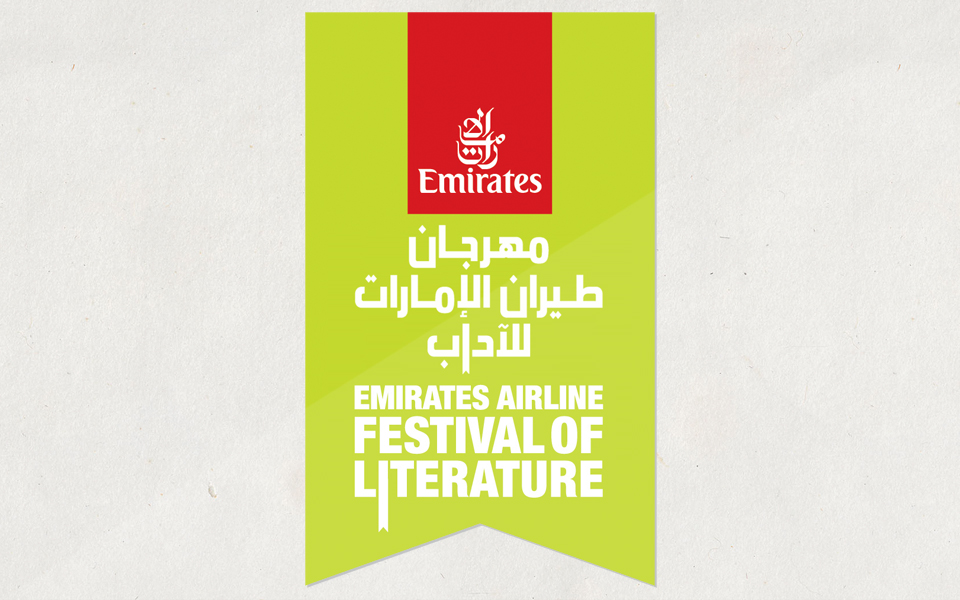Mohamadou Al Habib
Two of the great open-ended questions for publishers is how to choose which books to translate, and which books would be successful when those translations are published? The two are obviously interlinked and examine the relevance for both publishers and readers.
To answer these questions, a panel discussion titled ‘Publishing in Translation: From Choosing the Book to Finding the Reader’ was held on the sidelines of the Emirates Airline Festival of Literature at the InterContinental Dubai, to examine the market for translated books and explore the relationship between author, translator and publisher.
The session featured Brazilian writer Paulo Lemos Horta, who authored Marvelous Thieves: Secret Authors of the Arabian Nights, writer Ma’an Jalal and novelist Mohammed Rabie.
The main themes of the panel centred around publishing translated works from Arabic; publishing literature translated into Arabic; and the challenges surrounding the translation of literature in general.
Writer Ma’an Jalal spoke about his personal experience of reading English in New Zealand, before moving across to read in his native Arabic. He said that he tried to gauge the reaction of people who read Arabic works which have been translated into English and told the audience that there are Western readers, particularly academics, who know ancient Arabic literature and look to learn more about Arabic writing in general.
He stressed the need to raise the issue of translation in the Arab world, criticising a lack of platforms for discussion and debate. Jalal referred to the growing translation sector in the publishing industry in Dubai, noting that there are numerous works in Arabic that raise problems, citing the translation of the Harry Potter series as a prime example.
He also drew attention to Arabic itself as a language which includes many dialects, requiring a translator to establish a publishing plan so that the meaning is not lost in translation.
Jalal emphasised that translation from the original language often raises difficulties to the extent that there is often no agreement on the finished work. He pointed out that translators can only be objective to a certain degree and translation depends on their own vision, experience and expertise.
Speaking of his own experience in translation, novelist Mohammed Rabie highlighted his work with a British translator and the difficulties translated works can face. He said: “When the translator heard about my third novel ‘Mercury’, which is nominated for the International Prize for Arabic Fiction, he translated it and offered it to 12 publishing houses without success, purely because it is a translation and not a native language text.” He added that Arabic libraries lack American literature, and books and publications on Greek philosophy translated from Greek, not from English.
He continued by saying that there are no scientific criteria for translation and publishing, and instead it is governed purely by supply and demand. “The bestsellers and award-winning books are typically the ones selected for translation or it can be a result of a discussion between editors and translators about books that impressed them.”
Brazilian writer Paulo Lemos Horta said many famous writers suffer from being isolated through a lack of communication with the market, agreeing that the issue of rejection by publishers is a common one and subject solely to market demand.







